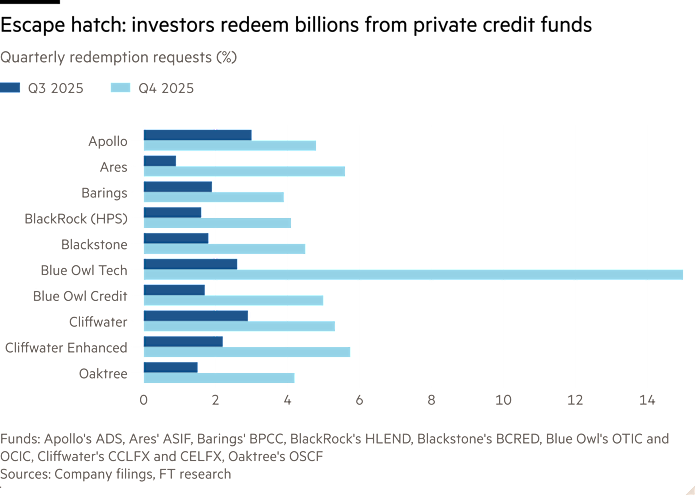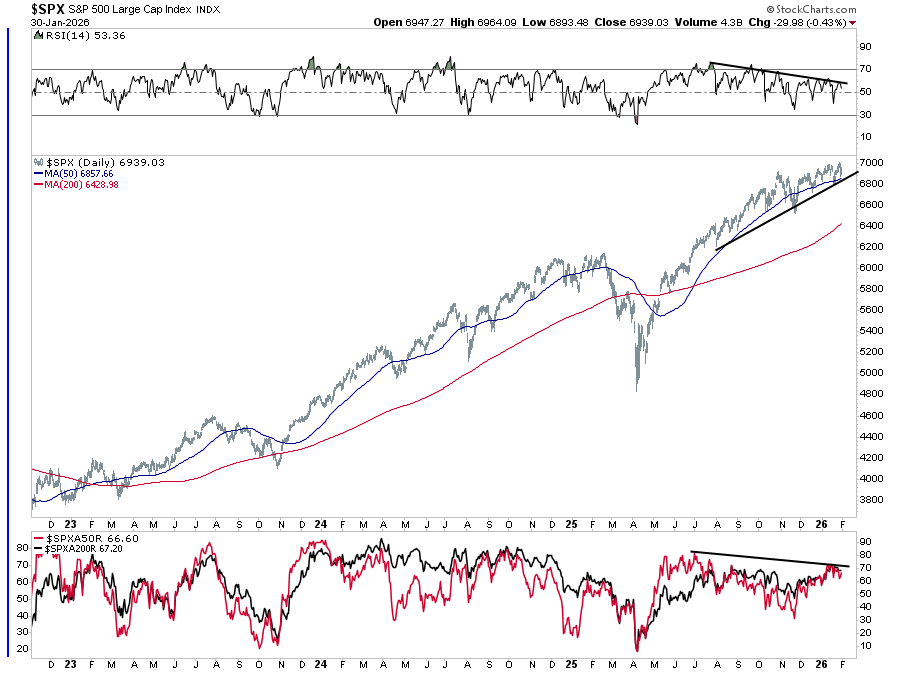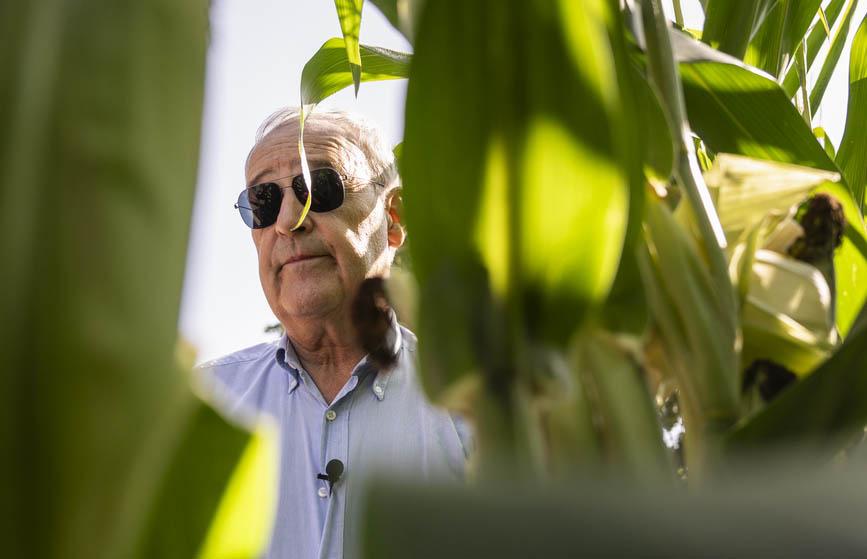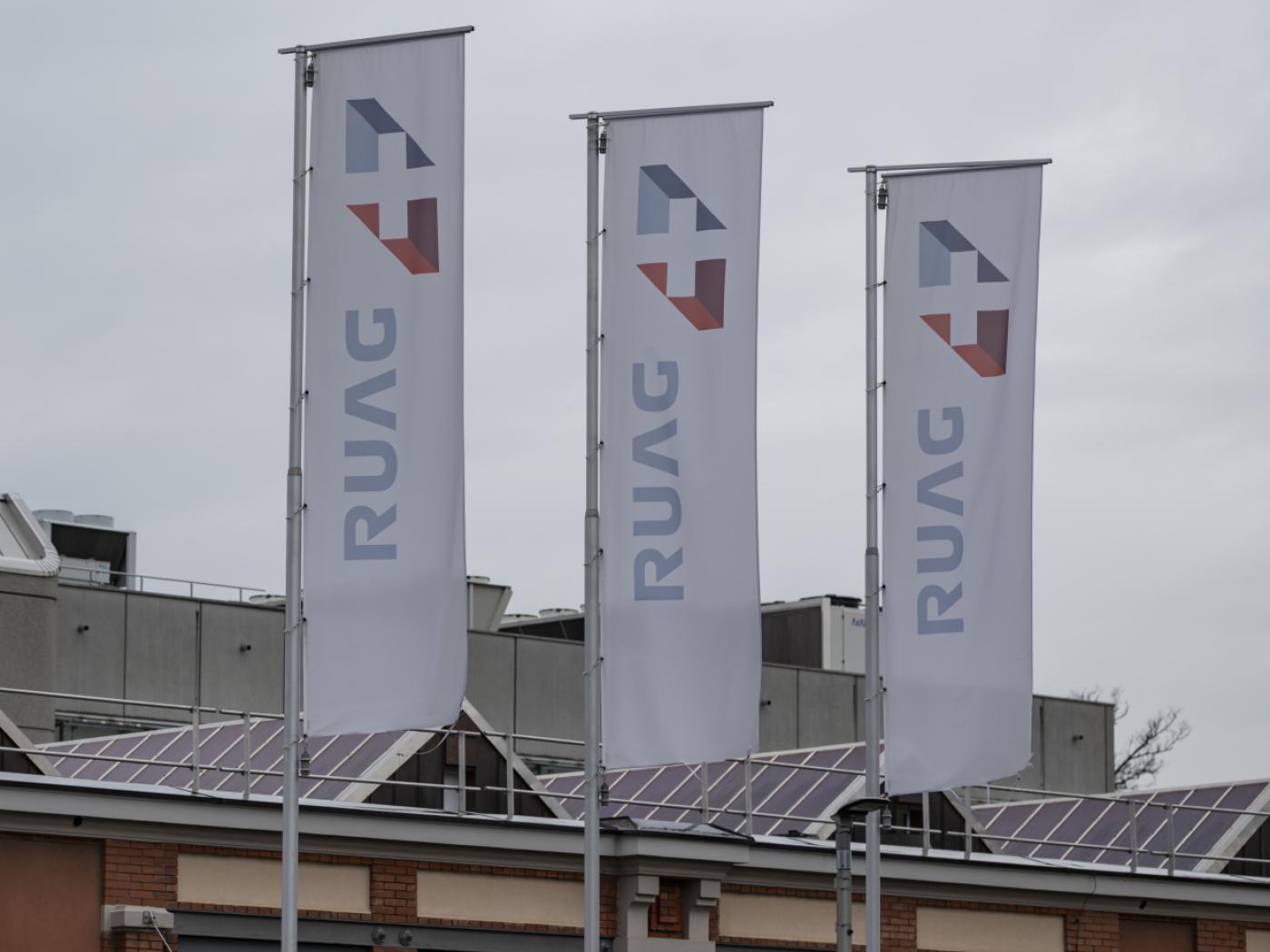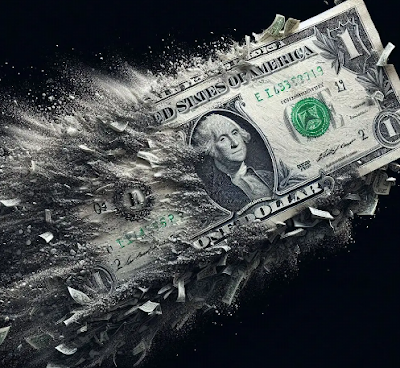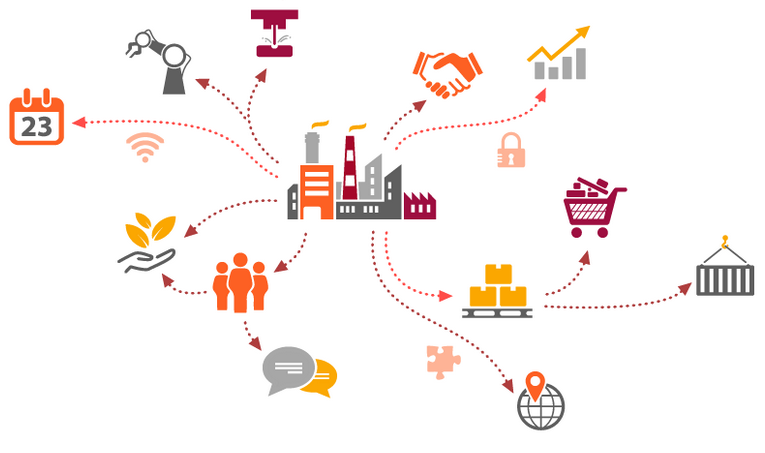 Containers are piling up at ports, ships are waiting to offload cargo and store shelves are sitting empty. Are all the quick fixes enough to fix the real problems in our supply chains?
Containers are piling up at ports, ships are waiting to offload cargo and store shelves are sitting empty. Are all the quick fixes enough to fix the real problems in our supply chains?
Headlines over the past few weeks about our global supply chain woes are enough to make anyone start stocking up on toilet paper and other essentials (again!). Goods from steel and lumber to toys, bicycles, and semiconductors are all facing delivery delays and higher prices, causing some panic ahead of the holiday shopping season.
Landlocked Switzerland is keeping its cool in the face of rising concern. Ikea Switzerland said it is streamlining its productExternal link line in response to supply bottlenecks. A bicycle companyExternal link is waiting on frames ordered months ago. Prices for some construction material have skyrocketed and inland shipping companies transporting goods along the Rhine are feeling the pinchExternal link, with containers piling up at major ports like Antwerp and Rotterdam.
Even with these examples, logistics experts have downplayed fears, saying that long-term planning has put Switzerland in a good position compared to European neighbours. The latest trade figures show record export and import levels.
Switzerland may be weathering this storm better than other countries, but it’s only the latest one. These crises don’t just affect Swiss consumers but the thousands of Swiss multinationals and their consumers around the world. Today’s crisis is a symptom of much bigger problems: supply chains are seen as a cost to cut rather than a value to add.
Governments are now racing to ease the pain at ports and prepare better for eventualities but there’s been less talk about the root causes and the long-term solutions. What’s your view on the supply chain crisis? What do you think should change?
What else caught my eye?
Credit Suisse settles with regulators over long-running “tuna bonds” scandal. The Swiss bank has agreed to pay $475 million in fines and forgive $200 million of debt owed by Mozambique in settlementsExternal link with four regulators in three countries, reported the Financial Times yesterday. This dates back several years now when the bank arranged loans and bonds for the African country using state guarantees that were issued without the approval of Mozambique’s parliament. The scale of the debt was concealed from international donors until 2016 and plunged the country into financial turmoil. This isn’t the end of it though – Credit Suisse still faces a civil trial over the Mozambique case brought by creditors in London.
The Swiss government tells gold refineries to step up audits. In a letter seen by Bloomberg, the State Secretariat for Economic Affairs has asked gold refiners to ensure sufficient steps are taken to identify the true country of origin for all gold coming from the United Arab Emirates (UAE). Various reports have pointed out problems tracing the origins of gold that winds up in Dubai. According to UN data, the city is the destination for 95% of the gold originating from east and central Africa. This letter comes ahead of Swiss President Guy Parmelin’s planned visit to the UAE at the end of the month.
Nestlé chief says the future of what we eat is personal. In a lengthy interview in the German language Tages-Anzeiger, Nestlé CEO Mark Schneider offers thoughts on everything from its nutrition credentials to climate targets and how it sources soy. With the help of digital tools, the company foresees that in a decade or so it will be sending consumers personalised foodExternal link based on information gleaned from our smartwatches. The company is already doing this for petfood, so why not for humans? “What is good for me may not necessarily be good for you,” says Schneider.
Government sorts out the details behind global corporate tax deal. Switzerland joined some 135 countries in agreeing to what finance ministers of the G20 countries have called a major overhaul of the corporate tax system. But how “major” are the changes? Finance Minister Ueli Maurer told Swiss public television that about 200 companies in Switzerland are expected to be affected by the changes, which has at its core a 15% minimum corporate tax rate. This is a fraction of the 16,000 multinationals with their headquarters in the country. He also sees some leeway in the deal for smaller companies and innovative sectors, so that “ultimately the adjustments will not be as big as we had feared”. But he said that the question of how the deal is implemented is “fundamentally still open”. Either way though, the government has said it will likely involve changing the constitution and an automatic referendum. We’ll have to see what the people say about this.
Feedback or story tips? Send me a message: [email protected]External link.
Thanks for reading.
Full story here Are you the author? Previous post See more for Next postTags: Business,Featured,newsletter





















